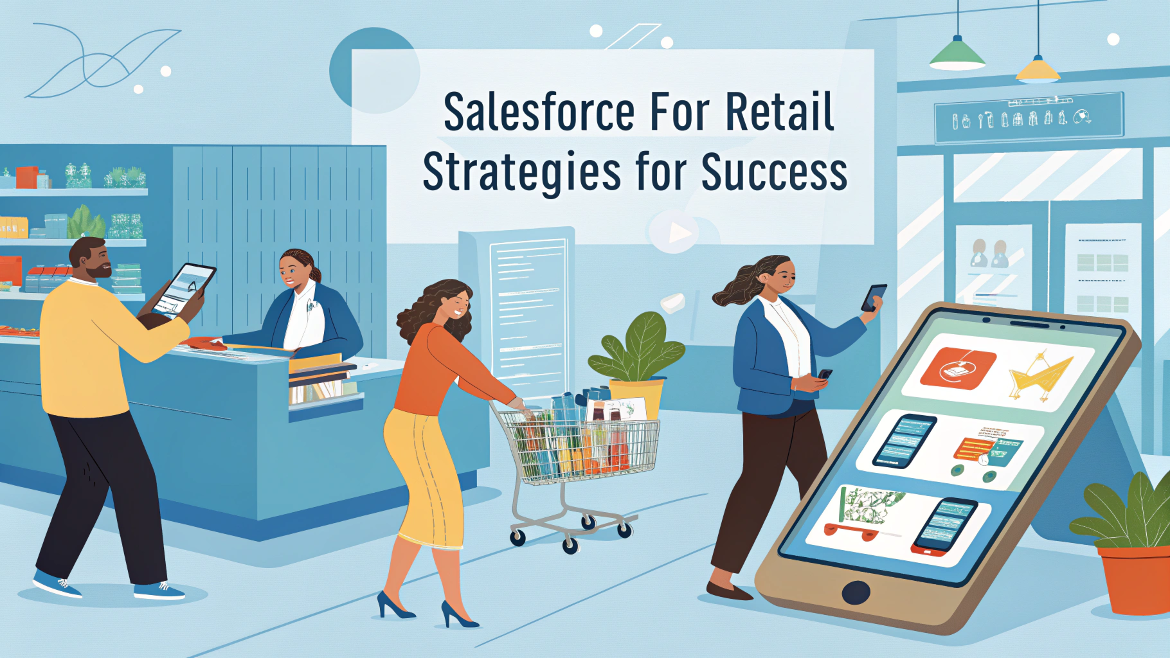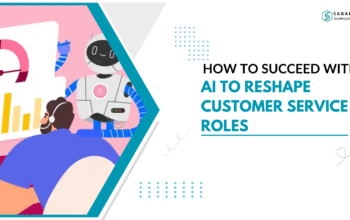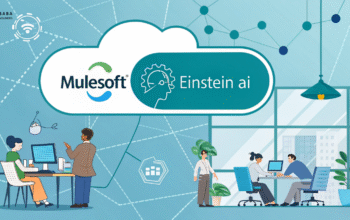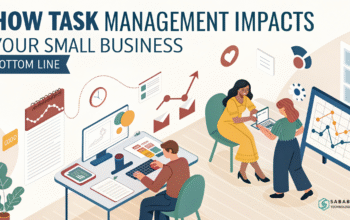Discover how Salesforce for Retail empowers businesses to deliver seamless customer experiences, drive loyalty, and increase sales. Learn key strategies for success with real-world insights.
Introduction:
In today’s highly competitive retail landscape, customer expectations are higher than ever. Whether it’s personalized experiences, fast service, or seamless omnichannel engagement—retailers must adapt quickly to stay ahead. Enter Salesforce for Retail: a powerful solution designed to help businesses thrive in a customer-centric world.
But how exactly can Salesforce elevate retail operations? What strategies can ensure success? Let’s dive into how retailers can unlock real value using Salesforce—and why it’s become a game-changer for forward-thinking retail brands.
Why Retailers Are Turning to Salesforce
The retail industry is in the midst of digital transformation. Legacy systems no longer cut it. Consumers expect personalized communication, real-time support, and a consistent experience across online and in-store touchpoints.
Salesforce for Retail offers a unified platform that brings customer data, marketing automation, service, and commerce together—helping brands foster loyalty, streamline operations, and grow revenue.
Key benefits include:
- 360-degree customer views
- AI-powered personalization
- Omnichannel engagement
- Real-time analytics and reporting
- Scalable cloud infrastructure
1. Unified Customer Profiles: The Backbone of Personalization
Success in retail today hinges on personalization. With Salesforce Customer 360, retailers can build a unified profile for each customer—aggregating data from in-store purchases, website visits, app interactions, and social media behavior.
This comprehensive view enables businesses to:
- Send tailored product recommendations
- Create dynamic, personalized email campaigns
- Anticipate needs and preferences
- Improve service delivery
📌 Pro Tip: Use Salesforce CDP (Customer Data Platform) to break down data silos and deliver hyper-personalized journeys across all channels.
2. Elevating Customer Service with Salesforce Service Cloud
Excellent service can be the difference between a loyal customer and a lost one. With Salesforce Service Cloud, retailers can streamline customer support across phone, email, live chat, and even social media.
Top features include:
- AI-powered chatbots for 24/7 assistance
- Centralized case management
- Knowledge base and self-service portals
- Integration with messaging platforms (WhatsApp, Messenger)
Retailers can also deploy Einstein AI to resolve queries faster and recommend next-best actions for agents.
3. Enabling Omnichannel Commerce Experiences
Modern shoppers expect the same brand experience whether they’re shopping online, on mobile, or in a physical store.
Salesforce Commerce Cloud allows retailers to unify the shopping journey and deliver consistent experiences across platforms. This includes:
- Mobile-optimized storefronts
- AI-powered product discovery
- Seamless checkout and payment
- Real-time inventory updates
📌 Example: A customer who browses a product on your app can receive a personalized discount via email, then pick it up in-store the same day.
4. Marketing Automation for Smarter Campaigns
Retail marketing today is data-driven. Salesforce’s Marketing Cloud empowers teams to design intelligent campaigns that engage customers with the right message at the right time.
Capabilities include:
- Audience segmentation based on real-time behavior
- Automated email journeys
- Social media engagement tools
- SMS and push notification integration
When paired with Salesforce’s AI (Einstein), marketers can predict customer behavior, improve targeting, and boost ROI.
5. Leveraging Analytics for Data-Driven Decisions
In retail, every decision counts—from inventory management to campaign planning. Salesforce provides robust reporting and dashboards via Tableau CRM, helping retailers visualize trends and track KPIs in real time.
Retailers can monitor:
- Sales performance
- Customer lifetime value
- Marketing attribution
- Inventory and fulfillment efficiency
With these insights, brands can pivot quickly and optimize performance across the board.
Real-World Retail Success: Case Study Highlights
Some of the world’s leading retailers—like Adidas, L’Oréal, and Uniqlo—leverage Salesforce to boost agility and customer loyalty. These brands use Salesforce to:
- Launch personalized marketing at scale
- Connect digital and in-store experiences
- Reduce service response time
- Increase sales and retention
If global brands can do it, so can you—with the right strategy.
Getting Started: Your Retail Salesforce Strategy
To implement Salesforce effectively, retailers should:
- Define clear goals (e.g., improve personalization, increase AOV, boost loyalty)
- Map customer journeys across all channels
- Choose the right Salesforce products (Service Cloud, Marketing Cloud, etc.)
- Train internal teams on best practices
- Work with a certified Salesforce implementation partner
Conclusion
The future of retail is digital, dynamic, and deeply customer-focused. Salesforce for Retail is more than a CRM—it’s a complete ecosystem that helps retailers deliver personalized experiences, improve operations, and drive growth. Whether you’re a small boutique or a global brand, adopting the right Salesforce strategies can set your business up for long-term success.
Explore More Articles:



